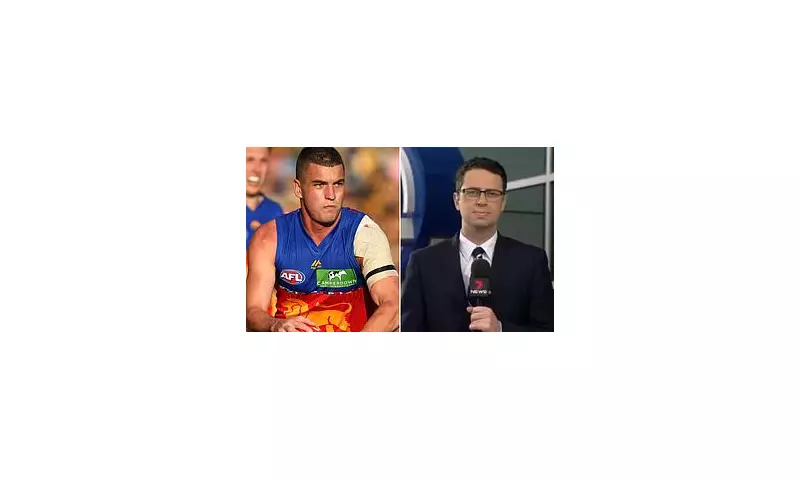
Channel Seven finds itself in the eye of a media storm after one of its reporters staged an unwelcome ambush on Port Adelaide superstar Zak Butters during what should have been a private golf session. The incident has drawn fierce criticism from former AFL star turned media personality Kane Cornes, who branded the approach as "completely unacceptable" and symptomatic of declining media standards.
The Unwelcome Interruption
Butters, widely considered a strong Brownlow Medal contender this season, was enjoying downtime on the golf course when a Channel Seven reporter approached him unexpectedly. The journalist attempted to secure an interview about the midfielder's spectacular season, seemingly oblivious to the inappropriate timing and setting of the approach.
Kane Cornes, never one to mince words, expressed his outrage on SEN Radio, stating: "This is exactly what's wrong with elements of sports journalism today. There's a time and place for everything, and chasing a player during his personal time on the golf course crosses every professional boundary."
Growing Concerns About Player Privacy
The incident highlights increasing tension between media organisations' pursuit of content and athletes' right to personal space. Butters, who has enjoyed a breakout season establishing himself as one of the AFL's elite midfielders, has become a prime target for media attention.
Cornes emphasised the importance of respecting boundaries: "These players have limited downtime as it is. When they're on the golf course trying to relax and switch off from football, the last thing they need is a microphone shoved in their face."
Channel Seven's Dilemma
The controversy places Channel Seven in an awkward position as the official broadcaster of AFL matches. While the network has legitimate interest in profiling one of the competition's rising stars, the method of pursuit has been widely condemned across sports media circles.
Industry insiders suggest the incident reflects increasing pressure on journalists to deliver exclusive content in a competitive media landscape, sometimes at the expense of professional ethics and common courtesy.
Broader Implications for Sports Journalism
This isn't the first time media organisations have faced criticism for intrusive behaviour towards athletes. The incident raises important questions about where to draw the line between legitimate journalism and harassment.
As Cornes pointedly asked during his radio segment: "Since when did it become acceptable to hunt down players during their private leisure activities? There are proper channels and appropriate times for interviews that respect both the journalist's role and the player's personal life."
The football community now watches to see if Channel Seven will issue an apology or implement stricter guidelines for their reporters when approaching players outside formal media sessions.




